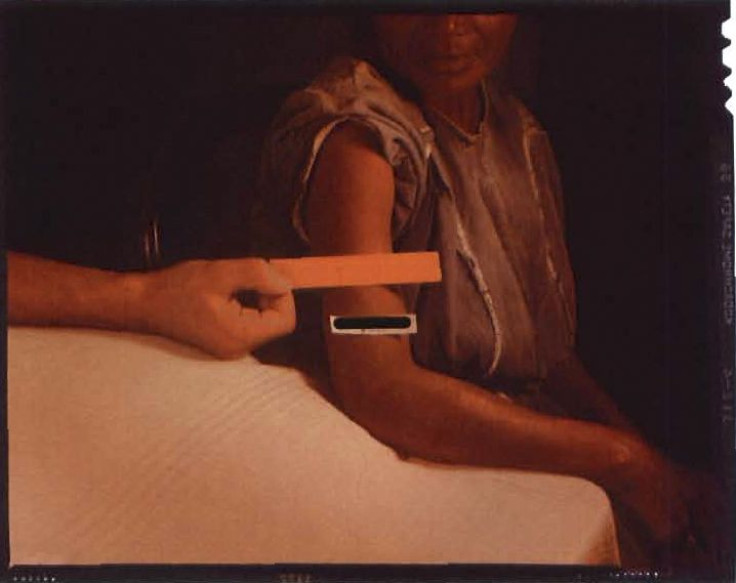Northern Australia reports worst syphilis outbreak in 30 years

An outbreak of syphilis that is believed to have claimed the lives of 10 babies across northern Australia has sparked new concerns among health authorities.
While instances of the sexually transmitted infection (STI) decreased, an outbreak that started in northern Queensland in 2011 has taken a turn for the worse, Professor Basil Donovan of the Sydney-based Kirby Institute told the ABC.
“We worry because if pregnant women catch syphilis, the result is very frequently disastrous. It leads to loss of pregnancy, still-births, [births] of very disabled babies,” he said. Donovan said 10 babies had died as a result of congenital syphilis since the outbreak began.
Donovan said that a rich country like Australia should not experience deaths like this. As of October 30, almost 2,000 new cases of syphilis has been diagnosed in 2015, making it the most severe Australian outbreak in 30 years.
Donovan said that in cities like Melbourne, Sydney and Perth, the STI was almost entirely limited to gay men. “It is a significant health concern for the region, and we expect this outbreak to continue for a number of months to years. It will be difficult to contain unless we get more people tested, and more people practise safe sex," Donovan said.
Between 2009 and 2013, unprotected sex between men was the reason for the diagnosis of syphilis reaching new heights, according to a report by SBS. In Kirby Institute’s 2014 annual report, the researchers found a 34 percent increase in the number of people diagnosed with syphilis. More than 1,700 people were affected with the deadly bacterial virus.
Similar to previous years, Aboriginal populations were found to have a higher risk of contracting STI. As a result, the Health Department is working with Aboriginal health organisations to try to spread the word among local communities. However, authorities are facing difficulties, such as getting the word out to remote towns and bush communities in particular. It is also challenging to find materials suitable to indigenous teenagers with often limited English and no understanding of sexual health.
Syphilis is a type of STI caused by a bacterium called Treponema pallidum, according to Sexual Health Australia. It is usually transmitted by having unprotected vaginal, anal and oral sex with someone who has the infection. It can also be caught by direct contact with open sores and can be passed on by a pregnant woman to her baby.
Syphilis can be diagnosed via a blood test and can be easily treated by penicillin injections or tablets. However, if left untreated, the STI can have serious health impact, including dementia, blindness and permanent damage to the heart and brain.
Contact the writer at feedback@ibtimes.com.au or tell us what you think below.






